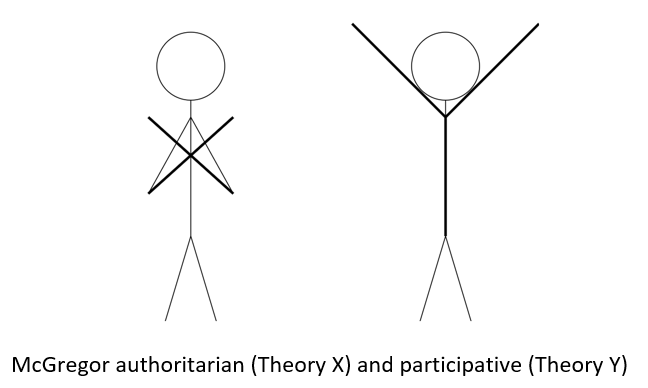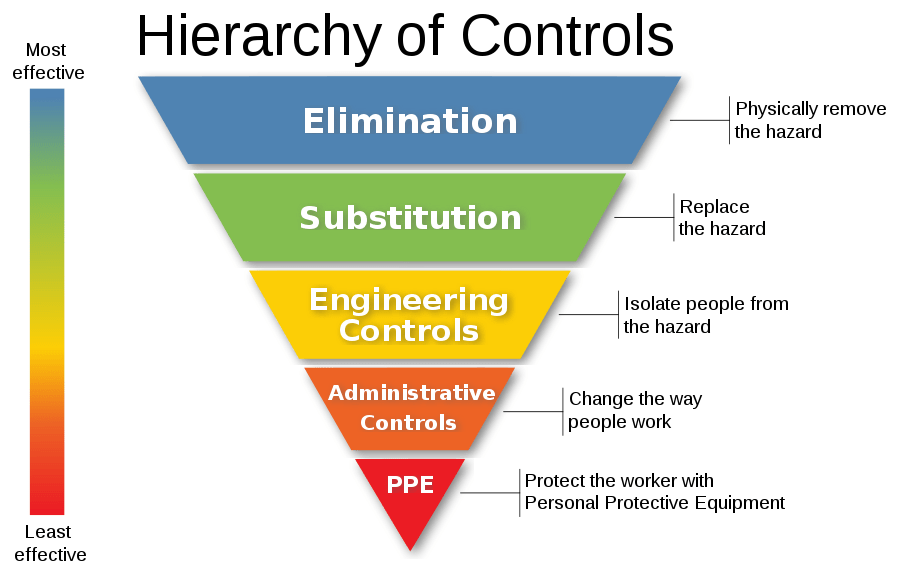 Good Father of the Family
Good Father of the Family
Bonus Paterfamilias, is a phrase that I personally use quite often in discussions that concern employees wellbeing, decisions that may affect their work or quality of life and decisions which may have a business impact.
But what does this mean? Where is it used?
Bonus paterfamilias direct translation to English is “Good father of the family”. Bonus Paterfamilias is mentioned in the legal system of several different countries including Malta, European, Italian, French, Roman and Austrian Law. It is also mentioned in Maltese, UK and European Court Judgements. As described in the paper by Baldacchino (2016), Bonus Paterfamilias is not a real person, but more of a standard of a person in power who acts with compassion, skill and prudence to his subordinates.
This “standard” reminded me of McGregor’s Theory Y (participative) management style, whereby management sees employees as highly enthusiastic to work, self-motivated and one of the most valuable assets in the company.

In Maltese Civil Law it is stated that a person shall be deemed to be at fault if, “in his own acts, he does not use the prudence, diligence, and attention of a bonus paterfamilias”
Anton John Mifsud (2009) made reference to a Court of Appeals Judgement where workers were assigned to remove a winch at height using scaffolding to reach the work area and as a working platform. The director of the same company was supervising the works and had to temporarily leave the site. As such, he gave a clear order for works not to continue until he returns. During the time of his absence, the workers continues work, fell and sustained severe injuries from a collapsed scaffolding. The director was initially found guilty because the court stated that the instructions given not to continue work cannot excuse him from his responsibilities as an employer.

However, when the director appealed the case, the Court of Appeal stated that the attention required from the employer is that of Bonus Paterfamilias and not of a higher degree. Since there was continuous surveillance and specific orders not to carry out works, the director could not be found liable for these damaged.
So why do I find this phrase helpful in the application of Health and Safety? These are the questions I ask myself when I encounter such situations:
- Sun Exposure: If it is too hot in the summer to work directly under the sun……would I allow my children to play outside at midday or would I tell them to play at times where the sun is not as powerful?
- Personal Protective Equipment: What if an employee is not wearing the correct PPE……would I allow my child to ride their scooter without a helmet? If they do, would I reprimand them in any way?
- Covid-19 Commuting: If during the covid-19 pandemic, my child tells me he will be using public transport to go to their friend, will I let them?……Will I provide transport or will I tell them to meet them online (join remotely) ?
- High risk works: Should my children be playing a sport which entails an amount of risk……would I continually supervise them and ask them to stop when I can’t stay there?
- High cost processes and equipment: Will I incur a significant expense to my family if the same job can be the done in other means at a lower cost, if there is no other way will I buy the required equipment to make the household safe?
I dare to ask if we as health and safety practitioners always ask this question if we always think of Bonus Paterfamilias prior to giving guidance and suggestions. Wouldn’t we already be in compliance with most legislation and guidance?

In layman terms, the law asks the employer to reduce the risk as far as reasonably practicable by following the hierarchy of controls, isn’t this what a good family father would do?
One would never expose his children to unnecessary risks, one would always risk access the activity prior to asking their children to participate, one would always talk and inform their children of the dangers and risks involved, one would always train their children in the activities they ask them to do and the last one would always be of an example in front of his family.